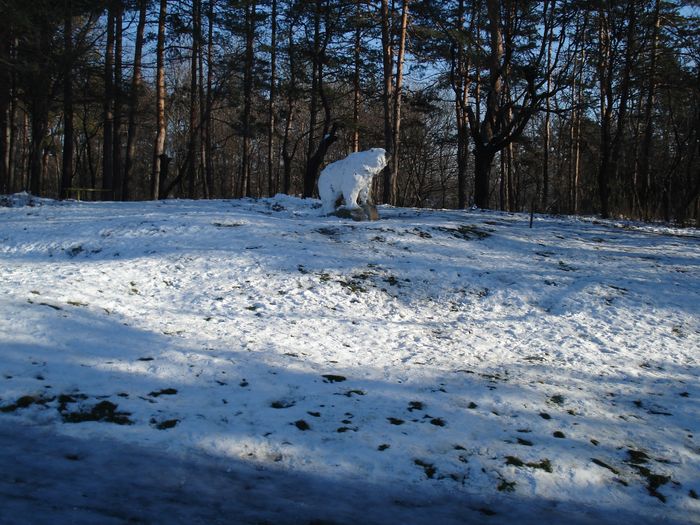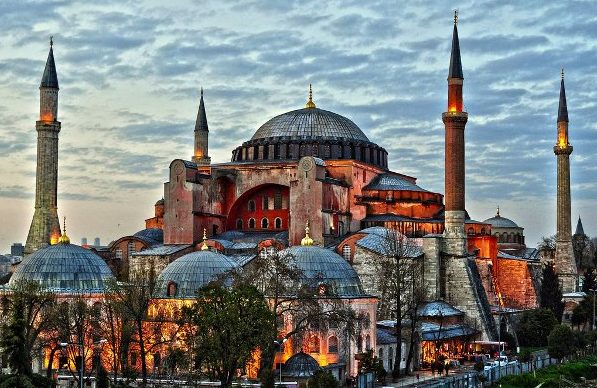Linguistic material collected in recent decades undermines the thesis that the ancient Bulgarians belong to the Turkic Altaic language group. The vocabulary and grammatical structure, with parallels in the East Iranian relic languages, anthroponomy and etymology belonging clearly to the Iranian onomastic tradition, notions and calendar system similar to the East Iranian (Sogdian) practices, support such a conclusion.
The runic inscriptions left by the ancient Me Bulgarians along the routes of their migration lead in the same direction. Some of the graphemes closest to the Bulgarian runes are part of the Alan Sarmatian epigraphy, with a priority over the Turkic (7th—8th centuries) and the Old Hungarian runes (10th century). The graphic phonetic links between the Bulgarian runes and some of the granolithic signs indicate that the “development” of the Bulgarian script was a continuous process with three mutually determining phases Runic, Glagolitic, Cyrillic. This means that the Bulgarians did not get their script because of a good turn of fate. The script was a necessity for the growth of their civilization and historical existence.
Indo European dialectal processes
In the circumstances of the linguistic environment of Southeastern Europe, these early phenomena took the stable form of Indo European dialectal processes. Bulgarians were the bearers of Indo Iranian cultural behavior in the main spheres of historical activity. In Europe, they encountered a deep Hellenist Thracian Indo European linguistic tradition with an enormous vocabulary, which they adopted. On the other hand, the Slavs actually redeveloped the vernacular tongues in terms of the Indo European element therein, and finally fixed the pre literary Indo European aspect of the mixed population, both aboriginal and new.
The unifying role of religion and the introduced Old Bulgarian language accelerate the process of emergence of the ethnic components, which continues also in the 11th century.
With such a start, the ancient Bulgarian language and ancient Bulgarian literature, the work of the holy brothers Cyril and Methodius, made a linguistic progress, unsurpassed in its quality and distinguished by its synthetic character. The Old Bulgarian language and Old Bulgarian books assumed a supra national significance and usage and a supra national state and spiritual and creative functionality for all Slavonic peoples.
The claim that language is not an ethnic defining factor is best supported by the state of the Bulgarian nation during the middle Ages. Despite the unifying role of religion, the ethnic differences between Slavs and Bulgarians were not completely obliterated in the 10th century. The Old Bulgarian language, which was introduced, enhanced the process of merging the ethnic components.
Read More about The Story in it part 3








